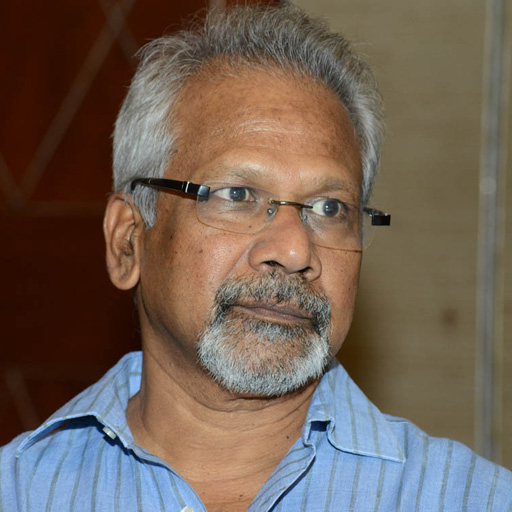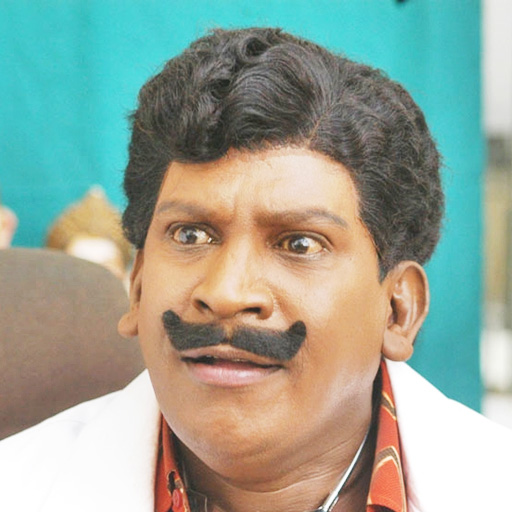 One of the greatest exponents of the Mridangam (South Indian Percussion Instrument), Palghat Mani Iyer was born in Palghat, Kerala, in 1912. Son of Seshan Bagavatar and Ananthambal, Palghat Mani Iyer was naturally inclined towards music and was introduced to the world of rhythm when he was ten.
One of the greatest exponents of the Mridangam (South Indian Percussion Instrument), Palghat Mani Iyer was born in Palghat, Kerala, in 1912. Son of Seshan Bagavatar and Ananthambal, Palghat Mani Iyer was naturally inclined towards music and was introduced to the world of rhythm when he was ten.
He had the privilege of training under Palghat Subba Iyer and Kalapathy Viswanatha Iyer. It was his association with Vaidanatha Bagavatar that made him popular with the Rasikas (patrons of the arts). But it was his experience as accompanist to the legendary Ariyakudi Ramanuja Iyengar that he cherished most. Among the violinists, Mani Iyer had a special liking for Rajamanickkam Pillai. Having come from Kerala, the land of the Panchavadhyam and the Chenda Edakka, (both Percussion Instruments of Kerala), Palghat Mani Iyer used these influences in fine-tuning his mastery of the Mridangam.
Mani Iyer had a firm belief in Sampradaya (tradition). He had great praise for singers who preferred singing in the high pitch, which was common in the mikeless era. He believed that Sadhana (practice) and dedication were the most important attributes of a good singer. Mani Iyer warned musicians to avoid using a low pitch as it would rob much of the creativity and originality of a singer. He often stressed the need for consistent performance. He had a preference for Thyagaraja Krithis (songs of Thyagaraja) over those of Shyama Sastry and Muthuswamy Dikshitar.
Clad in his trademark white shirt and dhoti, his forehead smeared with sandal paste, Mani Iyer won the hearts of music lovers across the world with the virtuosity he brought to his performances. He was a trendsetter. Not content with being a mere accompanist, he involved himself in and with the musical phrasing. He is also famous for his deft handling of the Krithis (songs). His timing and control of the Thala (rhythm), especially his skill in simultaneously playing two different Thalas for the same song with his right and left hand, placed him in a class all his own. Mani Iyer is best remembered in music circles for his brief tani avatarams(solo renditions).
Among the many titles bestowed on him are the Sangeetha Kalanidhi (1967), the Padmabhusan (1971) and the President of India’s National Award (1956). Mani Iyer personally cherished the Navarathna Malai, given to him by the Sankaracharya of Kanchi.


